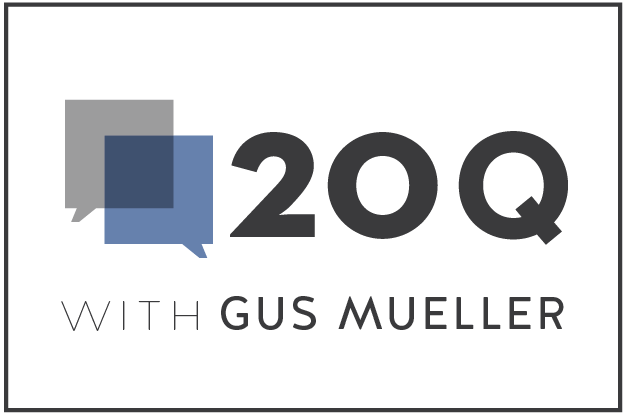
from #Audiology via ola Kala on Inoreader https://ift.tt/2N0iqSE
via IFTTT
OtoRhinoLaryngology by Sfakianakis G.Alexandros Sfakianakis G.Alexandros,Anapafseos 5 Agios Nikolaos 72100 Crete Greece,tel : 00302841026182,00306932607174


Portable music player use has been linked to high-frequency hearing loss in children aged 9 to 11 years, according to a new study (JAMA Otolaryngol Head Neck Surg. 2018 Aug 1;144(8):668-675). Researchers in Rotterham, the Netherlands, measured the pure-tone audiometry of more than 5,000 children and assessed their portable music player (PMP) use via parent surveys, including how often they listen to music with headphones per week, the listening time on an average day, and the usual volume of the PMP. Of the 3,116 children included in the analyses, 443 (14.2%) children had audiometric notches or high-frequency hearing loss in one or both ears. Hearing-related symptoms were reported for 11.3 percent of the children, 0.8 percent of whom had frequent to permanent symptoms. Overall, PMP use was reported in 40 percent of the children, and these children generally listened to less than one hour per day and on normal volume. Close to five percent of the parents reported that their children used PMPs on a nearly daily basis. Lead study author Carlijn le Clercq a PhD candidate at Erasmus University Medical Center in Rotterdam, said, "Although we cannot conclude from this study that music players caused these hearing losses, it shows that music exposure might influence hearing at a young age."
Portable music player use has been linked to high-frequency hearing loss in children aged 9 to 11 years, according to a new study (JAMA Otolaryngol Head Neck Surg. 2018 Aug 1;144(8):668-675). Researchers in Rotterham, the Netherlands, measured the pure-tone audiometry of more than 5,000 children and assessed their portable music player (PMP) use via parent surveys, including how often they listen to music with headphones per week, the listening time on an average day, and the usual volume of the PMP. Of the 3,116 children included in the analyses, 443 (14.2%) children had audiometric notches or high-frequency hearing loss in one or both ears. Hearing-related symptoms were reported for 11.3 percent of the children, 0.8 percent of whom had frequent to permanent symptoms. Overall, PMP use was reported in 40 percent of the children, and these children generally listened to less than one hour per day and on normal volume. Close to five percent of the parents reported that their children used PMPs on a nearly daily basis. Lead study author Carlijn le Clercq a PhD candidate at Erasmus University Medical Center in Rotterdam, said, "Although we cannot conclude from this study that music players caused these hearing losses, it shows that music exposure might influence hearing at a young age."